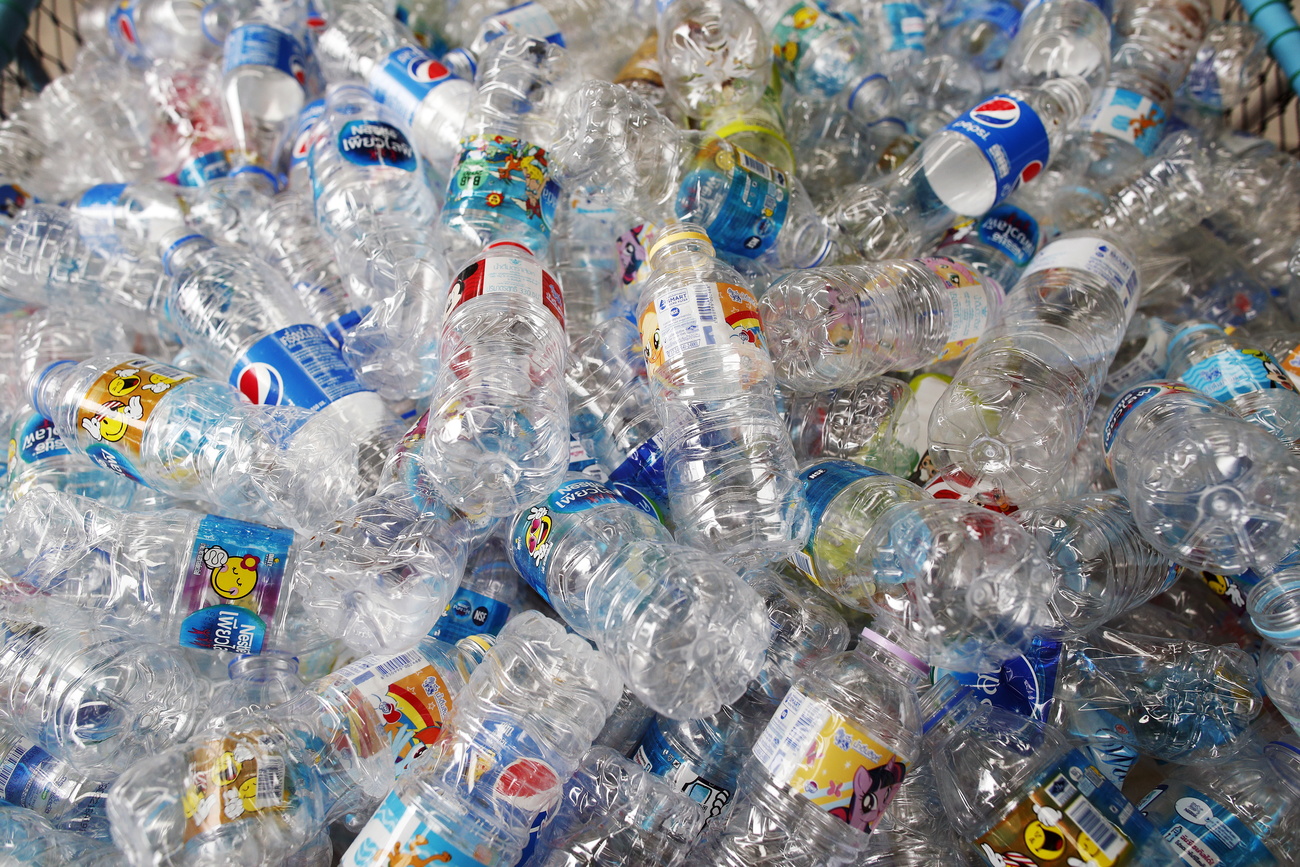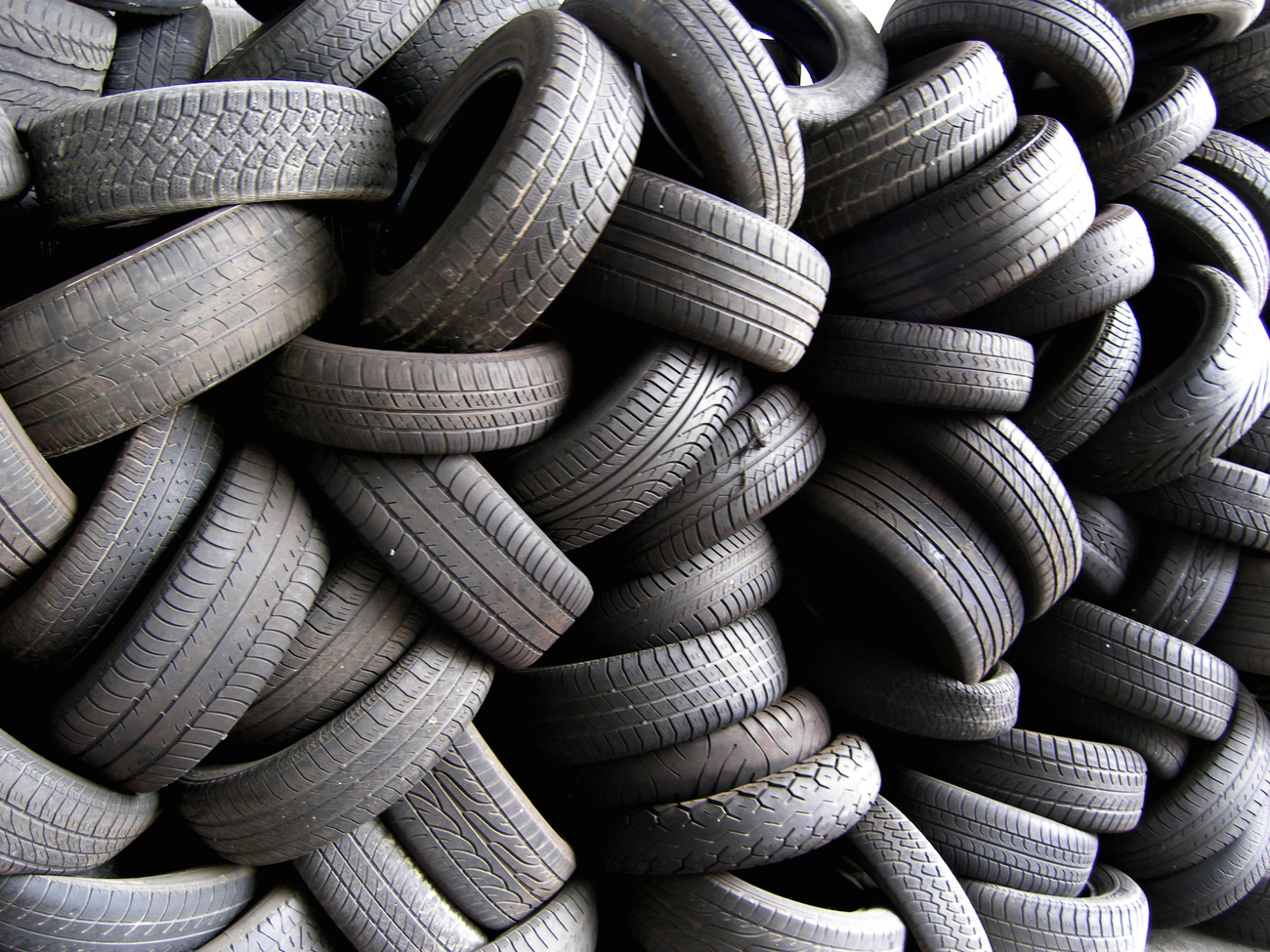
Report highlights danger of chemicals in plastics

A study of plastic, co-authored by the Swiss Federal Laboratories for Materials Science and Technology (Empa), has laid out the chemical toxicity of plastics.
The report, issued by the United Nations Environment Programme, highlights the 13,000 different chemicals commonly found in plastics.
+ Plastic eating microbes ‘no silver bullet’
“A quarter of them have been shown to be problematic, and we know far too little about another 50%”, said Empa researchers Zhanyun Wang and Narain Ashta.
The chemicals take the form of solvents used in manufacturing of plastics and additives, such as flame retardants.
Ten of the chemicals are extremely hazardous as they can easily be released into the environment.
Plastic products used in agriculture and fishing, as well as toys, food packaging, electronic devices, furniture, textiles, vehicles, building materials are particularly problematic.
“Chemicals in plastic are a hidden danger that can impact public health and the environment at the global scale,” Wang and Ashta explain. “Their use should be regulated under international treaties.”
The report was released on World Environment Day on Monday, which is dedicated to the fight against plastic pollution.

More
Polluting particles from car tyres – how worried should we be?

In compliance with the JTI standards
More: SWI swissinfo.ch certified by the Journalism Trust Initiative





























You can find an overview of ongoing debates with our journalists here . Please join us!
If you want to start a conversation about a topic raised in this article or want to report factual errors, email us at english@swissinfo.ch.